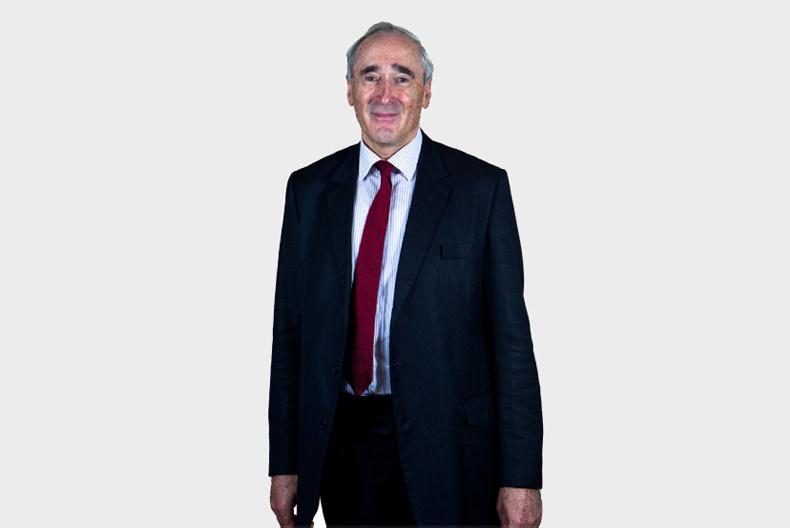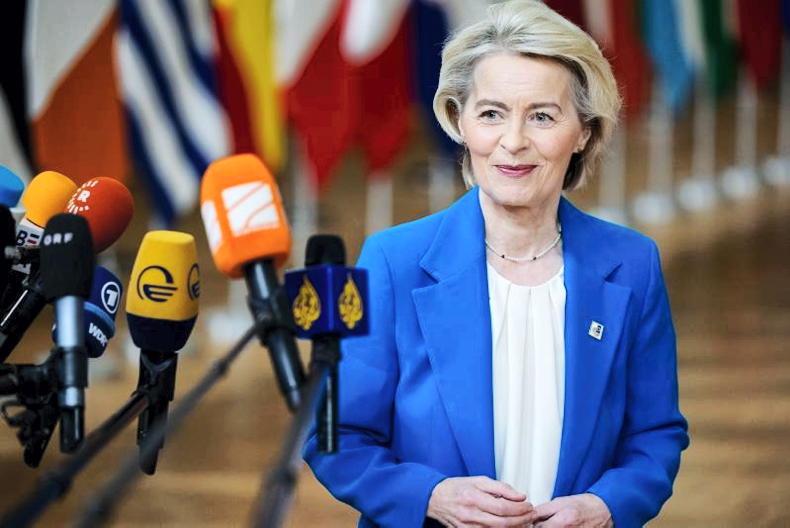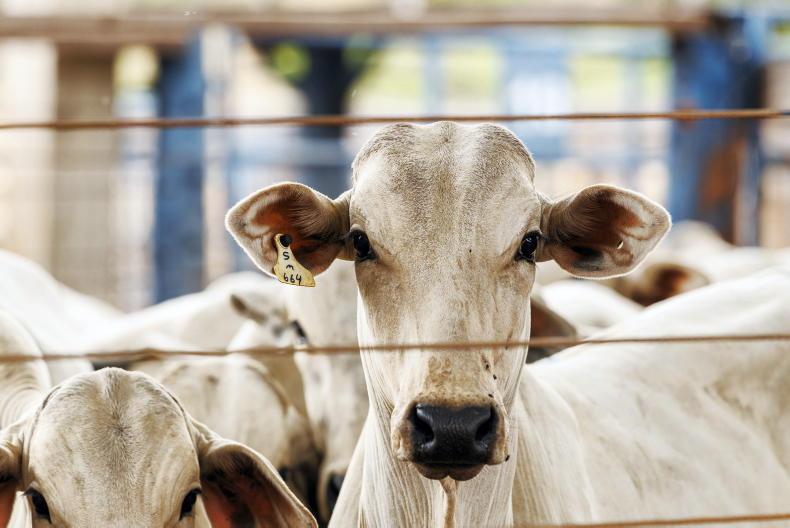There is no point in pretending: European farmers are hugely exposed to the political actions of our leaders.
What has become cruelly apparent since the ban on EU exports to Russia is that farmers are being left to pick up the pieces with little help from anyone in either Brussels or the national capitals. We should learn some of the lessons as we head towards another politically expedient decision – this time in relation to the relentless push for an agreement between the Mercosur countries of South America and the EU.
For a start, it’s time to test the legalities. Does the Commission in Brussels have a clear mandate to table a formal offer to the South American/Mercosur countries on foot of the decision to negotiate taken many years ago or did that mandate expire with the ending of the five-year term of the Commission?
It is abundantly clear that there is a serious push within the present Commission to proceed on the basis of a presumed actual legal mandate being in place and then, to push through an agreement with potentially extremely serious implications for Irish and European agriculture, especially the beef sector.
We could probably be accused of crying wolf again. Yet we should be aware of the realities. The great South American beef-producing nations of Brazil, Argentina and Uruguay have all seen major devaluations of their currencies over the last few years. The result has been that their beef price has dropped from roughly level with EU prices to where they are little more than half Irish prices. Their competitive advantage in terms of scale and climate is very significant – it is now compounded by a large exchange rate shift. The prospects of the major European/US TTIP deal has effectively disappeared into the maelstrom of the US presidential election, but there is no reason why the disappearance of one major trade agreement should mean that another should be fast-tracked.
From an Irish point of view, the whole issue is complicated by the forthcoming referendum on British membership of the EU. Regardless of a Mercosur agreement we can, in the event of a vote to leave the EU, safely assume that the UK will again look to South America as a major source of beef to meet its huge import requirements.
We would be unlikely to see Ireland maintain its present unrestricted movement of beef or indeed lamb or dairy products on to the UK market, at anything approaching present price. During this limbo period in Irish/British relations, we should at least do all in our power to stall the move towards a serious discussion on the agricultural aspects of a Mercosur pact.










SHARING OPTIONS